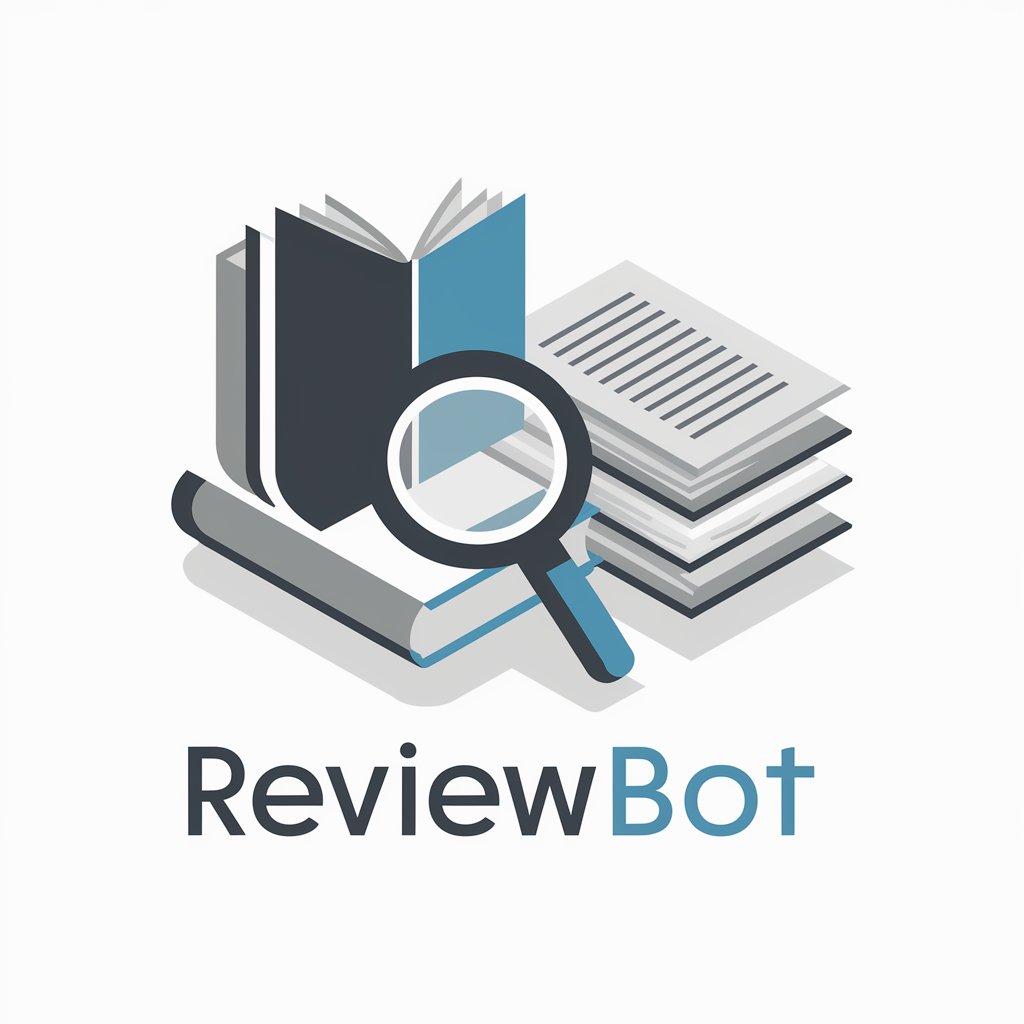Senate - Legislative Insight Tool

Hello! I'm Senate, here to provide insights on legislative bodies and their processes.
Empowering legislative understanding with AI
Can you explain the role of the Senate in passing legislation?
What are the key differences between the Senate and the House of Representatives?
How does the Senate confirm judicial appointments?
What is the process for a bill to become a law in the Senate?
Get Embed Code
Overview of Senate
Senate is designed as a specialized GPT to offer insights and information about legislative bodies, with a primary focus on the upper houses of legislatures such as the Senate in various countries. Its core purpose is to inform users about the legislative process, the political dynamics within these bodies, and the specific roles and functions that characterize the Senate. Through providing factual, neutral insights without engaging in political debates, Senate aims to educate and clarify queries related to legislative bodies. For example, if a user inquires about the process of passing a bill in the U.S. Senate, Senate would detail the steps involved from introduction to the President's desk, including committee reviews, debates, amendments, and voting procedures. Powered by ChatGPT-4o。

Key Functions and Real-World Applications
Educational Insights
Example
Explaining the legislative process, including how a bill becomes law, the role of committees, and the importance of majority and minority parties.
Scenario
A student researching for a civics project uses Senate to understand the intricacies of legislative operations, such as the filibuster's role in the U.S. Senate.
Political Analysis
Example
Providing overviews of significant legislative actions, historical decisions, and their impacts on governance and society.
Scenario
A journalist writing an article on healthcare reform consults Senate for a detailed analysis of past Senate actions on healthcare bills and their societal impacts.
Information on Senators
Example
Offering biographies, political affiliations, voting records, and public positions of current and former senators.
Scenario
A voter looking to make an informed decision in the upcoming elections uses Senate to research their state's senators' stances on key issues.
Target User Groups
Students and Educators
Individuals engaged in political science, civics, or history education who require comprehensive details on legislative processes and historical legislative actions for academic purposes.
Journalists and Researchers
Professionals needing in-depth analysis and factual information on legislative matters to craft detailed reports, articles, or studies.
Policymakers and Political Enthusiasts
Individuals within government, as well as political hobbyists, looking for detailed insights into legislative functions, senator profiles, and the dynamics of legislative decision-making.

How to Use Senate: A Guide
1
Start by accessing yeschat.ai for an immediate trial, no sign-in or ChatGPT Plus subscription required.
2
Familiarize yourself with the interface and enter your question related to legislative bodies, focusing on the Senate.
3
Use specific keywords or questions to get the most accurate and relevant information.
4
Explore the tool's suggestions for further reading or follow-up questions to deepen your understanding.
5
For complex inquiries, consider refining your question or breaking it down into more manageable parts for clearer answers.
Try other advanced and practical GPTs
Sage of Forgiveness
Visualize peace and forgiveness through AI

BOMBA GPT
Empowering SEO with AI

MAI Law Expert
Empowering legal decisions with AI

Tonis & Annas Saturday Night Bestie
Crafting Your Perfect Saturday Night, Powered by AI

Data Sky Monitor
Elevate Entertainment with AI Insights

ReviewBot
AI-Powered Academic Insights

Go代码检查及单测助手
AI-powered Go unit test generation for flawless code.

VISION BOARD 💫
Visualize Your Dreams with AI

Precious Metal
Unlocking the Value of Precious Metals with AI

Community Manager de l'agence DYNLEADS
Empower Your Marketing with AI

Cheerful Companion
Brightening your day with AI-powered cheer

어르신
Harmonize Work and Life with AI

Detailed Q&A About Senate
What is Senate designed to do?
Senate is designed to provide comprehensive information about legislative bodies, with a primary focus on the upper house of legislatures, such as the Senate. It aims to offer political and informative insights without engaging in political debates, maintaining neutrality.
Can Senate provide historical information on legislative processes?
Yes, Senate can offer historical insights into legislative processes, detailing the evolution of laws, significant legislative milestones, and the roles different senators have played over time.
How does Senate ensure neutrality in responses?
Senate is programmed to avoid expressing partisan views or engaging in political debates. It relies on factual and verified information to provide responses, ensuring that the content remains neutral and educational.
Can I use Senate for academic research?
Yes, Senate is an excellent resource for academic research related to political science, law, and history, offering detailed explanations of legislative processes, case studies, and analyses of political dynamics.
Does Senate offer advice on current legislative debates?
While Senate can provide information on the structure and nature of current legislative debates, it does not offer opinions or advice. It focuses on providing factual information and background to help users understand the context.
